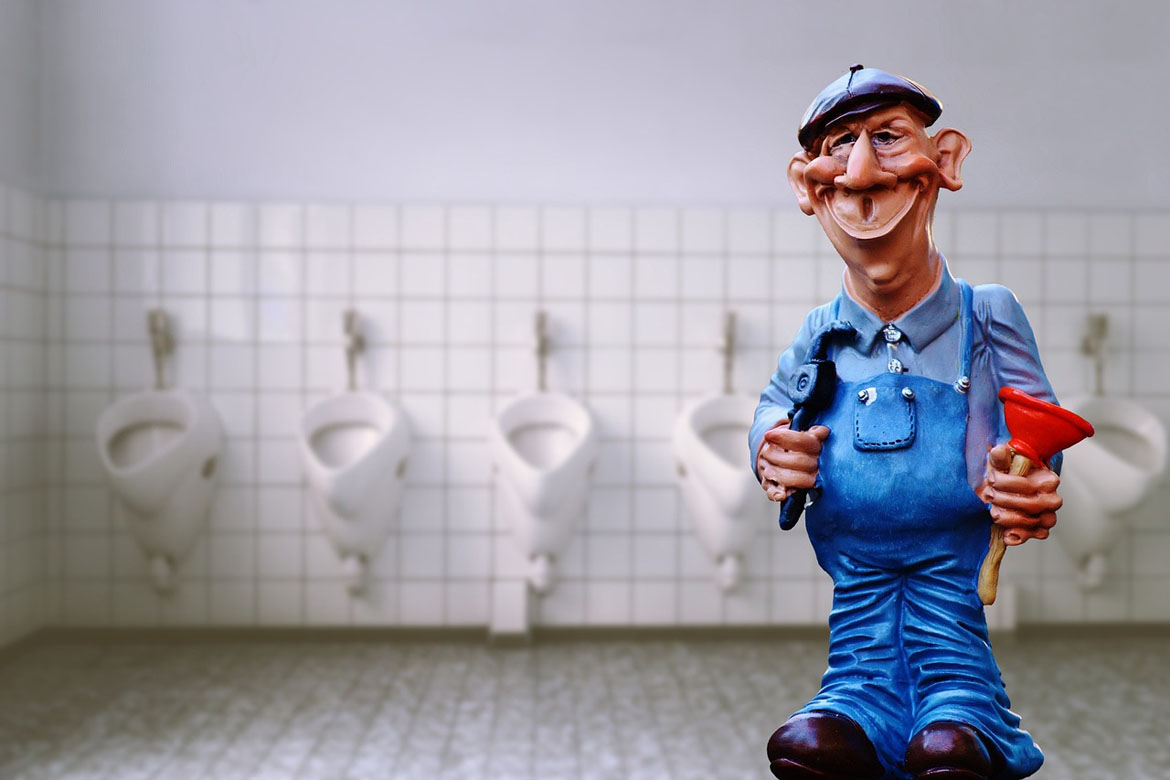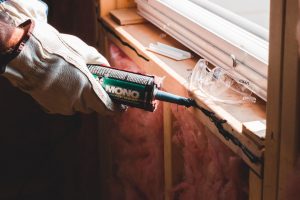How Many Hours Do Plumbers Work?
Plumbers help keep our homes and businesses running smoothly. Whether it is routine maintenance or emergency service, the profession of plumbing is vital for maintaining public health and safety. It’s also a rewarding career. Plumbers help solve problems, providing a sense of accomplishment and satisfaction. However, it’s not an easy career as you need to have the necessary skills and experience to be a successful plumber. You may also need to work long hours, including weekends, nights, and holidays, to meet clients' needs and handle emergency calls. Let’s explore how many hours plumbers work.
Average Weekly Hours for a Plumber
The average weekly hours for a Yucaipa plumber depend on several factors including their experience level and the demand for their services in their location. A key factor is whether the plumber works independently or is employed by a company. The standard working hours for a full-time plumber is around 40 to 45 hours per week. Most employees have their plumbers work five days a week, but companies can have different schedules.
The employed plumbers may be offered incentives, such as higher pay rates, for working overtime. This is most common for emergency services or when extra hours are required to finish a project on time. In some cases, the employers may have their plumbers work more hours when there is an unexpected rise in service requests. This can often happen during colder months when the plumbing pipes are more prone to issues. The colder temperature may cause the pipes to freeze and burst. Seasonal demand could also be higher during the start of the summer season, when plumbing features like sprinkler systems, pools, and water lines, require plumbing services.
The average weekly hours a plumber varies more if they work independently as they have more control over their schedules. Independent plumbers can choose to work more if they are looking to earn more income or grow their business. However, the maximum workload is typically around 55 to 60 hours per week. Working anything more than that may not be sustainable, and it could also be harmful to the physical and mental health of the plumber. Plumbers who work more than this could also be more vulnerable to suffering professional burnout.
Independent plumbers may need to spend some of their hours on work that is not directly related to plumbing. For example, they may need to spend time communicating with the customer, billing, scheduling, and transportation. While they do not get paid for these indirect costs, plumbers often incorporate these indirect costs into their overall service charges.
Client requests for emergency plumbing services can come at any time. As independent plumbers are more flexible in their schedule, they are often more willing to accommodate client requests for working outside regular business hours.
Another factor that influences how many hours a plumber works is their specialization. Residential plumbers usually have more regular hours, while commercial or industrial plumbers often work longer shifts, especially on extensive or time-sensitive projects.
What Are the Different Types of Plumbers?
The number of hours a plumber works also depends on their experience level. Professional plumbers often start as apprentices, learning the skills on the job. At this level, the plumber is learning through hands-on experience and is willing to work extra hours to learn the trade. With the long hours, the apprentice gets more time under the supervision of an experienced plumber. There are also plumber apprentice programs that are structured to align the hands-on experience. Most of these programs last around three years, so during this time, apprentice plumbers can expect to work longer hours.
The next level is a journey plumber, where they typically get more independent and flexible in their work hours. Journeymen plumbers often have more full days, but they may need to put in extra hours to finish jobs on time. They could also be assigned to supervise emergency jobs on weekends and late hours.
As a plumber gains more experience, they eventually reach the position of a master plumber. At this level, the plumber has specialized knowledge and has the authority to open their own plumbing business. The number of hours worked is typically less for a master plumber but they often do handle complex plumbing jobs. Some of the hours master plumbers are also used in training apprentice plumbers and managing business-related tasks.
Typical Workday for a Plumber
The workday of a plumber typically starts early around 7 or 8 am. The first part of a plumber’s day often involves reviewing the schedule for the day’s appointments. Plumbers employed by a company have a more structured schedule. They may also need to report to the office before they can start their fieldwork.
Once a plumber is at the client’s site, they start the job by diagnosing the issue or if they are visiting for maintenance, they would assess the work required. Depending on the severity of the issue, the plumber may spend anywhere from one to several hours on-site diagnosing the problem and carrying out repairs. You can expect a plumber to make anywhere between 4 to 6 service calls per day, but this can vary depending on the complexity of the work. For example, the plumber might take the entire day to replace a water heater, or they could fix a leaky faucet or unclog a drain in less than an hour.
Most plumbers keep their daily workload to around 8 to 9 hours per day. However, this schedule can be disrupted by emergency service calls. Any plumbing issues that cannot wait, such as an overflowing toilet, are considered an emergency. For providing emergency services, the plumber typically charges extra for the urgency of the work. The plumber may have to change their schedule to accommodate the emergency service. If they don’t want to let go of any of their scheduled appointments, the plumber would have to put in extra hours to cover the emergency service. They may also have to travel extra, adding more hours to their daily schedule.








